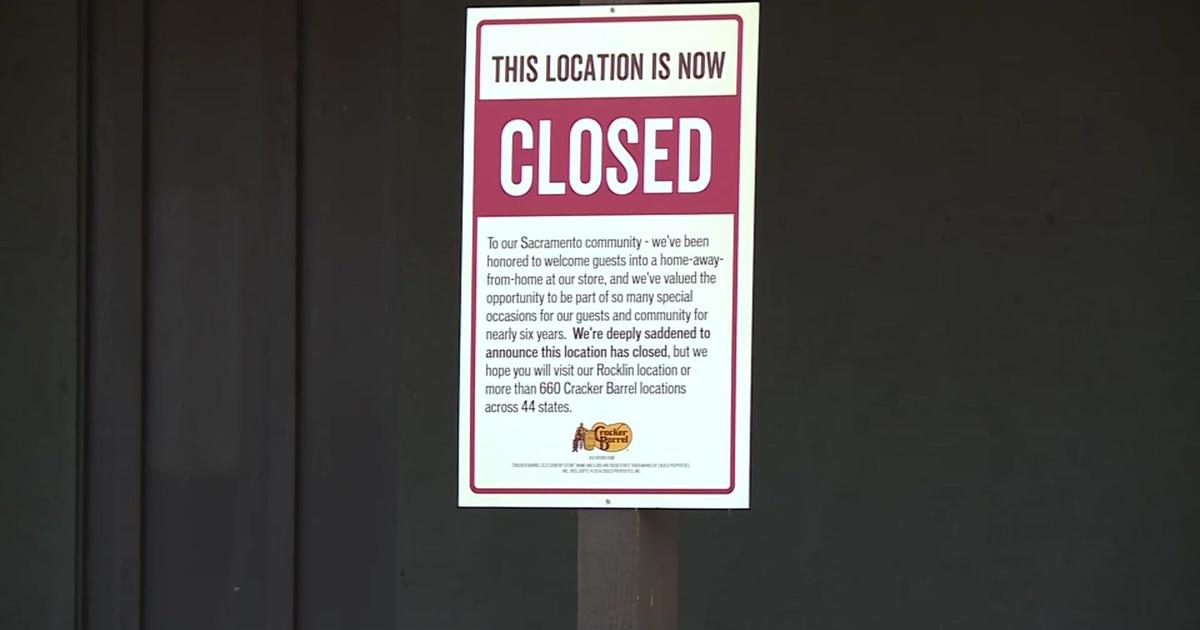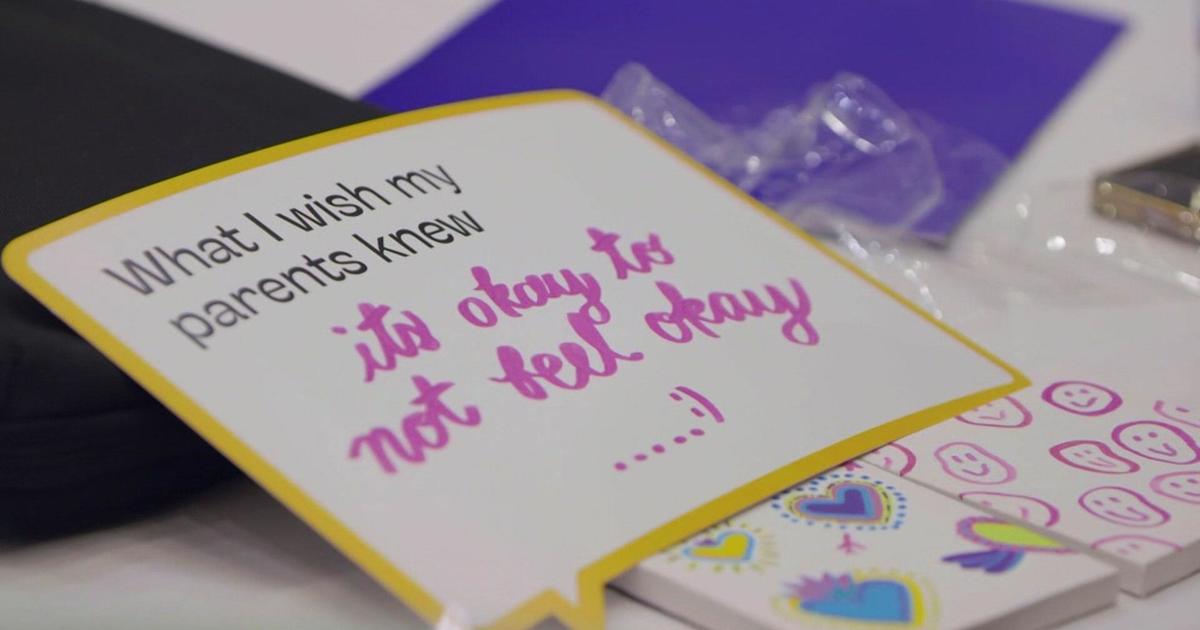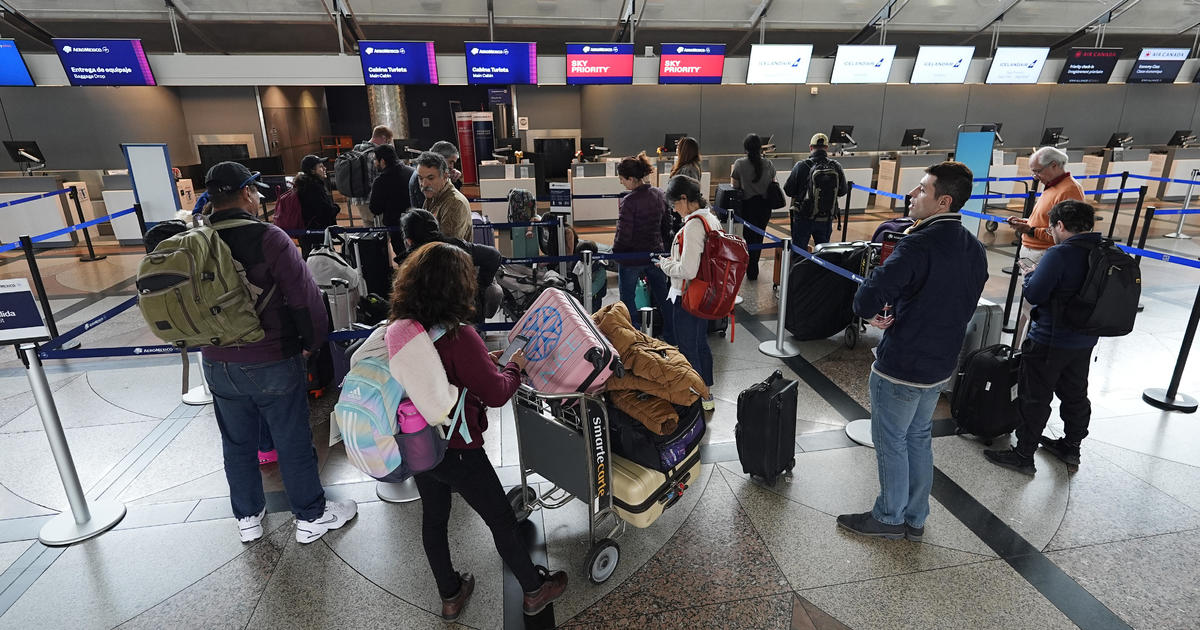'This Is A Major Public Health Challenge': Newsom Unveils Plans To Prepare For Increasing California Heat
SACRAMENTO (CBS13) — Sacramento heat hit triple digits 28 times last year, and five of those days were record highs.
Now, state leaders are unveiling new plans to prepare for more extreme heat emergencies.
Extreme heat is becoming a way of life here in California.
So just how bad are heatwaves going to be in the future? Historically, Sacramento sees two or three days above 104 degrees each year. That's expected to reach 10-15 days by mid-century.
"We have very high confidence on future temperature predictions," Paul Ullrich, a UC Davis climate professor said.
Now, Gov. Gavin Newsom is asking for $300 million to create an Extreme Heat Action Plan across California.
"Extreme heat is a lot more dangerous than most people know. This is a major public health challenge," said Wade Crowfoot, secretary of the California Natural resources Agency. "We need to recognize that and we need to take action to protect people amid those changes,"
Some of the funding will go toward creating new emergency hot weather shelters "where people can go and cool down and charge their devices during heat storms," Crowfoot said.
Other money will be spent on nature-based solutions.
"It's getting more street trees on the street to create shade, greening schoolyards to ensure that our kids, when they're at school and learning, they're able to stay cool," Crowfoot said.
Programs encouraging people to purchase solar and energy-efficient appliances will also be funded. Even using heat-reflective paint on your home can help.
"There's a whole movement to paint roofs, believe it or not, that are dark or black right now, white," Crowfoot said.
Some projects are already underway while others are expected to be launched in the coming months.
"With this investment now, we can begin adapting now and prepare for those extreme temperatures," Ullrich said.
The action plan will also improve emergency notifications during extreme heat and prioritize alerting high-risk communities.
"These are all things that just make sense to do, recognizing that our future is going to be a lot hotter than our past," Crowfoot said.



